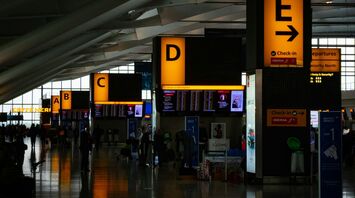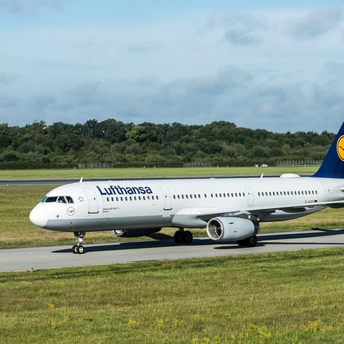Heathrow Strikes Set to Disrupt Travel for Passengers with Reduced Mobility

Approximately 500 mobility assistance staff from Wilson James are planning a significant strike at Heathrow Airport starting on 24 April. These employees are crucial in assisting passengers with mobility challenges by providing wheelchair support, accompanying them through terminals, and offering personalised assistance. Their industrial action stems from dissatisfaction over a persistent pay gap compared to colleagues at Gatwick, who perform the same duties under the same employer but receive higher wages.
This action is not limited to one day. Strikes will continue on 25, 29, and 30 April, while managerial staff will join from 1 May following a successful vote for industrial action. Staff highlight the physically demanding nature of their roles, involving constant movement across airport terminals, as well as the emotional support required for anxious passengers. If a resolution is not quickly achieved, disruptions are anticipated to worsen unless negotiations resume and produce improved compensation agreements.
Heathrow and Wilson James are both highly profitable and can more than afford to ensure these workers are offered reasonable pay deals. Unite is backing Heathrow’s passenger assistance workers 100 per cent as they strike for fair pay.
This strike could considerably affect travellers, particularly those with specific assistance needs. Due to decreased staff numbers, support services critical for airport procedures such as check-in, security, and boarding will be significantly compromised, particularly impacting passengers with mobility difficulties. Those depending on booked assistance services might encounter prolonged waiting periods, potential missed flights, or even find themselves without necessary support at crucial travel stages, resulting in frustration and heightened stress.
Travellers requiring mobility assistance are strongly advised to prepare in advance. Travellers should verify available assistance with airlines, arrive significantly earlier than usual, and consider traveling with a companion to minimize potential disruptions. Airport authorities may implement contingency plans, but capacity is expected to be limited. Uninformed travellers could face unpredictable service levels throughout the strike period.
This scenario highlights deeper vulnerabilities in air travel, especially affecting passengers reliant on specialized assistance. With staff protests drawing attention to pay disparities and resulting in work stoppages, critical accessibility services become unreliable. Until equitable resolutions are reached, travellers must remain vigilant, adjust expectations accordingly, and prepare proactively for delays that will particularly impact those most dependent on these essential services.



















